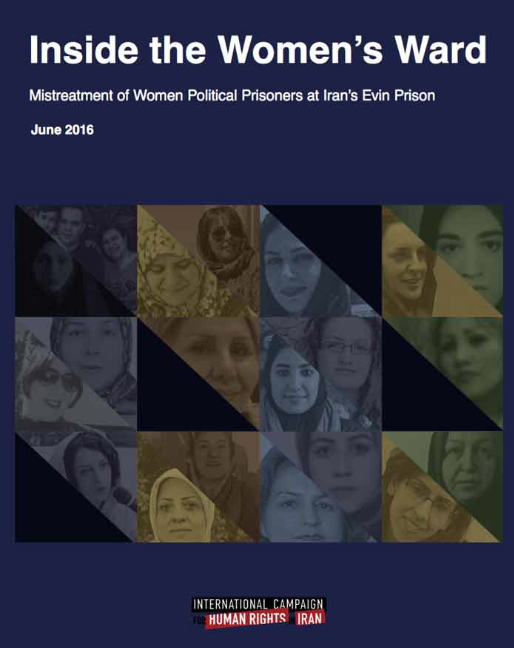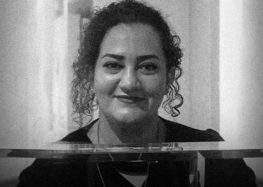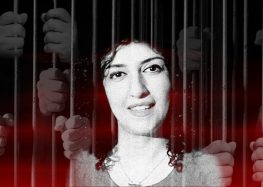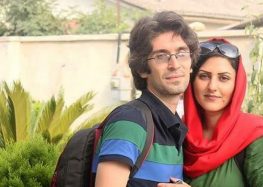Female Political Prisoners To Serve Additional Two Years For “Insulting” Supreme Leader
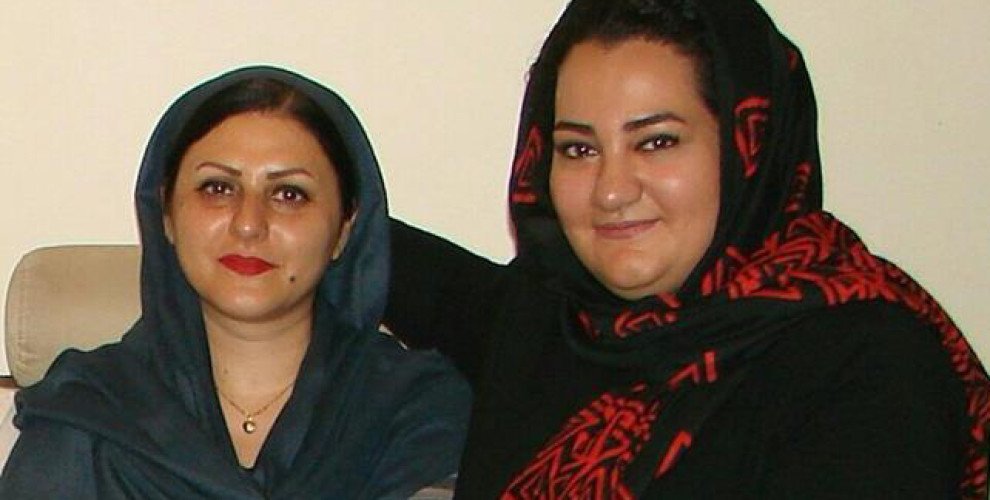
Political prisoners Atena Daemi and Golrokh Iraee Ebrahimi have been told they must serve an additional two years behind bars for making peaceful public statements criticizing Iranian state policies.
Imprisoned civil rights activist Atena Daemi and recently released political prisoner Golrokh Iraee Ebrahimi were informed that they must serve an additional 2.1 years in prison now that the Tehran Appeals Court upheld a joint sentence against them under the charges of “insulting the supreme leader” and “propaganda against the state.”
Daemi’s mother, Masoumeh Nemati, told the Center for Human Rights in Iran (CHRI) on September 5, 2019, that her daughter and Iraee were also banned from engaging in political and civil rights activities for two years.
In mid-July 2019, Judge Iman Afshari of Branch 26 of the Revolutionary Court in Tehran sentenced Daemi and Iraee to 3.7 years in prison for “insulting the supreme leader” (2.1 years) and “propaganda against the state” (1.6 years).
They must only serve an additional 2.1 years according to Article 134 of Iran’s Islamic Penal Code, which requires defendants to serve the maximum punishment for the charge that carries the longest sentence in cases involving multiple sentences.
“My daughter’s lawyer said the sentence was vindictive,” Daemi’s mother told CHRI. “On numerous occasions, Intelligence Ministry interrogators had threatened Atena that they would impose the maximum punishment against her and the judge went event beyond that.”
Imprisoned since October 2016, Daemi, a children’s rights activist, was serving a seven-year prison sentence before being told she would have to serve two more.
She was sentenced to prison for engaging in peaceful activities including meeting the families of political prisoners, criticizing the Islamic Republic of Iran on Facebook, and condemning the mass executions of political prisoners in Iran in 1988.
Iraee has been free on bail since April 2019 after serving 3.5 years of a six-year prison sentence primarily for writing an unpublished story about stoning in Iran. To date, she has not returned to Evin Prison in Tehran.
Her husband, civil rights activist Arash Sadeghi, has been serving a 15-year prison sentence for peaceful political activities since 2016 and is in poor health following a cancer operation last year.
Iraee and Daemi were issued the additional sentences for writing open letters criticizing prison conditions, condemning the executions of political prisoners including Ramin Hossein Panahi, Zanyar Moradi and Loghman Moradi and for singing the revolutionary anthem “Oh Martyr” in honor of the executed prisoners, which the court said was an insult to Supreme Leader Ali Khamenei.
Nemati also told CHRI that she has not been allowed to visit her daughter in prison since March 2019.
Daemi meanwhile continues to be denied medical tests and treatment for a lump in her breast found during a hospital visit months ago.
Political prisoners in Iran, including elderly inmates, are singled out for harsh treatment, which often includes denial of medical care. The threat of withheld medical care has also been used as an intimidation tool against prisoners who have challenged the authorities or filed complaints.
Read this article in Persian.

